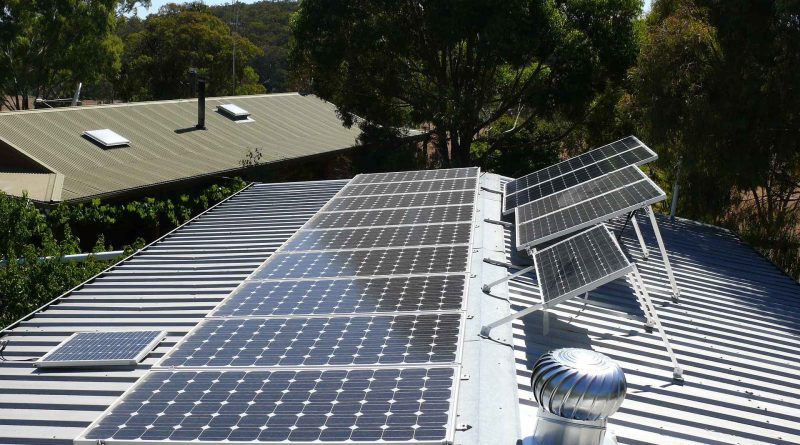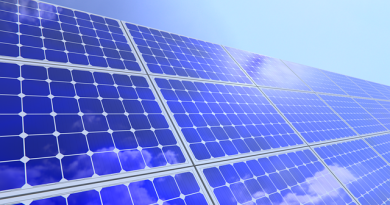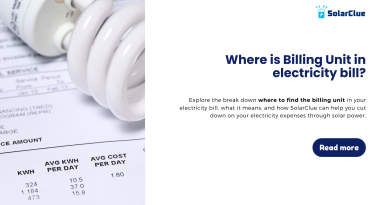Optimal Home Solar Power System Choice
Table of Contents
Introduction
In recent years, as concerns about the environment and rising electricity costs have grown, more homeowners are considering the best choice for their homes: solar power systems. Solar energy not only offers a sustainable solution but can also help homeowners save money in the long run. However, with the wide variety of options available in the market, it’s crucial to understand the factors that make a solar power system the best choice for your home. This article will guide you through the essential aspects to consider when selecting a solar power system, taking into account efficiency, cost, and suitability for your specific needs.
Efficiency: Harnessing the Power of the Sun
Efficiency is a key aspect when considering a solar power system for your home. High-efficiency solar panels capture more sunlight and convert it into usable electricity. The efficiency of solar panels is measured by their ability to convert sunlight into electricity, known as the solar panel efficiency rating. The higher the efficiency rating, the more power the panels can generate from the same amount of sunlight.
When choosing a solar power system, it’s important to select solar panels with a high efficiency rating. This ensures that you’ll generate more electricity per square foot of panels installed, maximizing energy production and savings over time. Additionally, high-efficiency solar panels take up less space, making them a feasible solution even for homes with limited roof space.
Cost: A Long-Term Investment
While the initial cost of installing a solar power system can be a major concern for homeowners, it’s essential to look at the long-term benefits and savings. Solar energy can significantly reduce or even eliminate your monthly electricity bills, providing a substantial return on investment over the system’s lifespan.
However, not all solar power systems are created equal when it comes to cost-effectiveness. By considering the system’s upfront cost, durability, and maintenance requirements, you can determine the best choice for your home. High-quality solar panels may have a higher initial cost but tend to provide greater efficiency and durability, resulting in long-term savings.
Moreover, it’s worth considering government incentives, such as tax credits and rebates, which can help offset the initial cost of installing a solar power system. These incentives, in combination with the potential savings on electricity bills, can make the decision even more financially appealing.
Suitability: Tailoring Solar Power to Your Needs
Each home is unique, and finding the best solar power system for your specific needs is crucial. Factors such as your location, available roof space, and energy consumption patterns should be taken into account.
Firstly, consider the solar irradiance in your area, which indicates the availability of sunlight throughout the year. While solar power systems can function in most regions, homes in areas with high solar irradiance will benefit from optimal energy production.
Secondly, evaluate the size and orientation of your roof. Ideally, a south-facing roof with minimal shading is best-suited for solar panels. If your roof has limited space or is not ideally positioned, other options, such as ground-mounted systems or solar carports, can be explored.
Thirdly, analyze your energy consumption patterns. Understanding your average daily electricity usage will help determine the appropriate system size. By ensuring your solar power system matches your energy needs, you can maximize your savings and potentially even sell excess electricity back to the grid through net metering programs.
Conclusion
When it comes to finding the best choice for your home, a solar power system offers numerous advantages. It harnesses the power of the sun efficiently, allowing you to generate electricity and reduce your monthly bills. As a long-term investment, a solar power system can provide substantial savings over its lifetime. By considering factors such as efficiency, cost, and suitability for your specific needs, you can ensure that you make an informed decision. Embracing solar energy not only benefits the environment but also offers a sustainable and cost-effective solution for homeowners. Take the first step towards a greener future by exploring the options available and choosing the solar power system that suits your home best.
Solar systems provide clean, renewable energy, reducing electricity bills and environmental impact.
Savings vary, but homeowners often see significant reductions in electricity costs over the system’s lifespan.
Most homes are suitable; factors like roof space, sunlight exposure, and local regulations are considered during assessment.
Payback periods vary, but many homeowners experience returns on their investment within 5-10 years.
Yes, various financing options, including loans and leasing, make solar systems accessible to homeowners.
Installation times vary but typically range from a few days to a couple of weeks, depending on system size.
Minimal maintenance involves occasional cleaning and system checks to ensure optimal performance.
Yes, homes with solar systems often have increased market value, appealing to eco-conscious buyers.
While performance decreases during cloudy days, solar systems can still generate some power. For night use, stored energy or grid connection is utilized.
Incentives include tax credits, rebates, and other government programs aimed at promoting renewable energy adoption.




